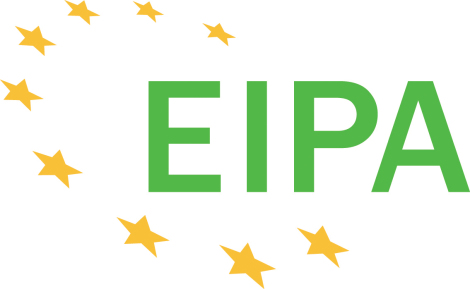“I’m going to that meeting in Brussels next week. Is it an expert group or a comitology committee?”
“I need to brief the boss about what to expect. Will the Commission ask her to vote?”
“How can I know where our issue is in the EU decision process, and what comes next?”
Simple questions, the answers to which may be complex, and yet can make your job easier. This course will get you up to speed on the essential elements of how the EU system works: the different powers that the EU has, who does what, and how you can have a role in shaping EU decisions. It is concise but thorough, and focusses in detail on EU law-making.
What you will learn in this course:
- The differences between legislative acts, implementing acts (the world of ‘comitology’!) and the new delegated acts, relating them to their place in the EU policy cycle, as well as in the hierarchy of laws.
- The decision-making procedures within the Commission, the Council and the European Parliament, and the ways in which national officials and other stakeholders fit into the policy process.
- The ordinary legislative procedure and how a ‘trilogue’ works.
- Delegated and implementing acts using topical cases (including the well-known ‘glyphosate’ saga).
By the end of the course, you will:
- Understand the essential principles and procedures that you need to know in order to be credible when operating in an EU context
- Be able to decode messages and reports from Brussels
- Be more effective in your own interactions with other officials
- Be better equipped to explain how things work to your colleagues and associates
- Have a feel for how things work in practice, and be able to prepare appropriately
- Have a solid basis for continuous learning on the job afterwards.
Who is this course for:
- Officials who have taken on a new role in Brussels
- Officials who have to take part in meetings in the Commission or Council
- Anyone who needs to know how EU decision-making works in practice
Course methodology and highlights
We believe learning happens best with practical knowledge. So this course includes:
- Extensive insights with multiple examples and real life cases
- Group exercises
- Role plays and simulation games
- Inputs from an experienced EU practitioner as the basis for discussion among participants about the practical demands of participation in the various stages of EU decision-making.
After-course support
In order to help retain and deepen the knowledge acquired afterwards, you will receive a copy of Edward Best’s 2016 book Understanding EU Decision-Making, published with the support of the EU Publications Office.
Course structure:
The course leaves ample time for exercises and discussions.
You will receive a set of concise preparatory materials in advance, to ensure that you have a basic knowledge of EU processes and thus be able to take full advantage of the detailed sessions and practical exercises in the course.
The introductory module
We would want you to get maximum benefits out of this course, irrespective of your level of knowledge on EU decision-making.
So in this course, we have included an introductory module to be held on the afternoon before the commencement of the detailed course, covering the following topics:
- The legal bases for what the EU can and cannot do
- The main ways in which decisions are taken
- The different powers that Member States have given to the EU
- The roles and structures of the EU institutions
While this module is optional, if you are not sure you are familiar with the basics, we recommend that you attend it, to be able to make the most of the intensive course and immerse yourself in the detailed exercises over the following days.
If you are confident of all the basics, and do not feel that you need any further training on it, you can register only for the Course.
When
26 Mar 2019 @ 02:00 pm
29 Mar 2019 @ 01:00 pm
Duration: 2 days, 23 hours
Where
EIPA Maastricht
22 Onze Lieve Vrouweplein
6211 HE Maastricht
Netherlands
Language
English en
